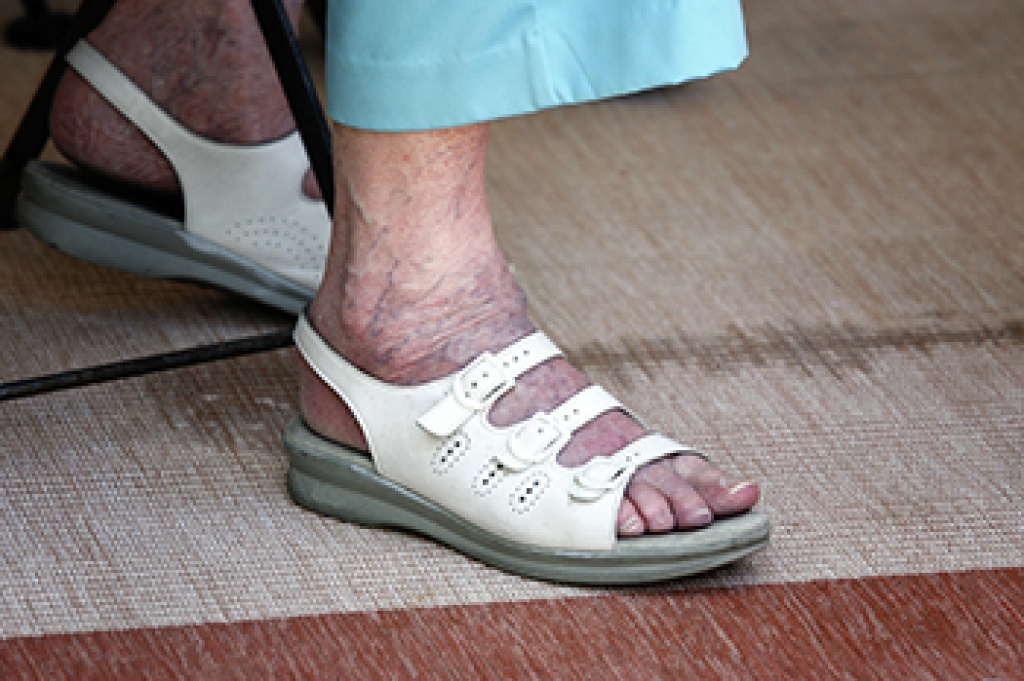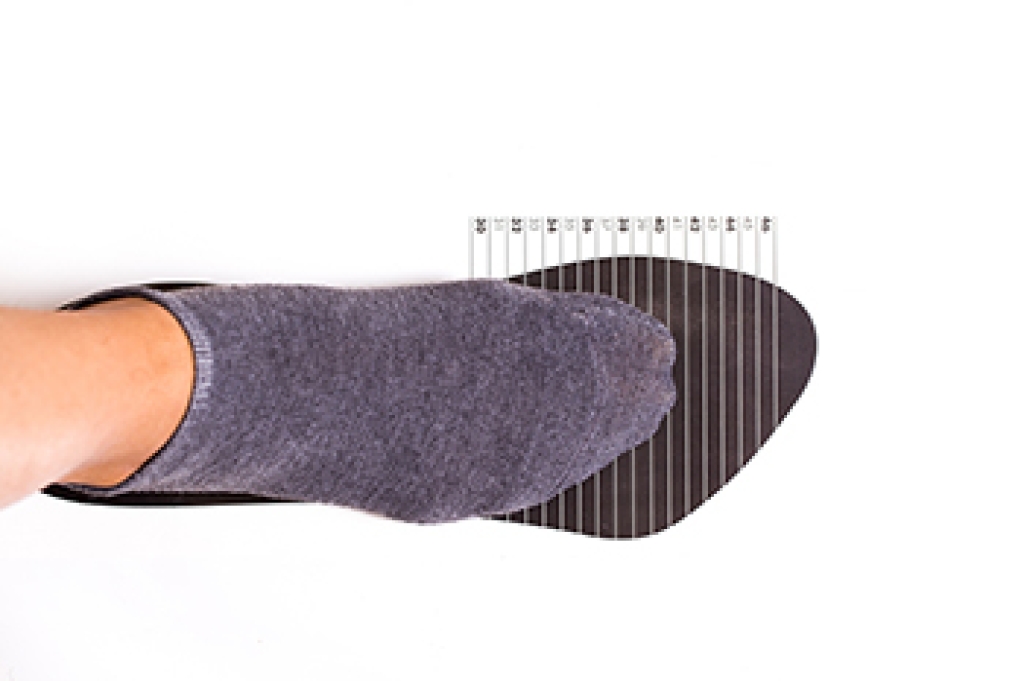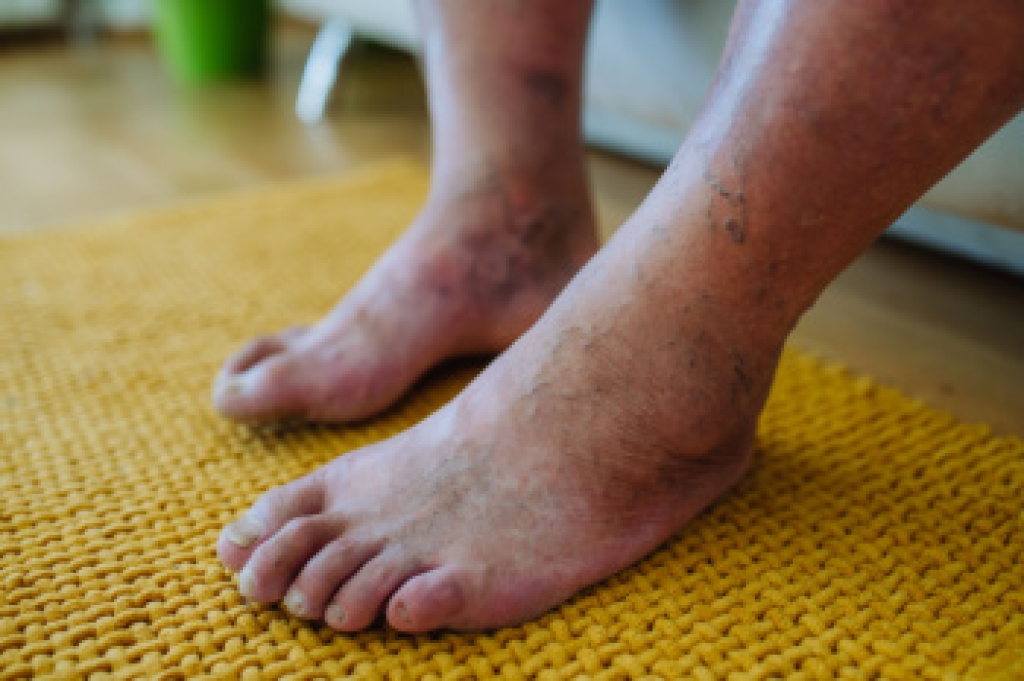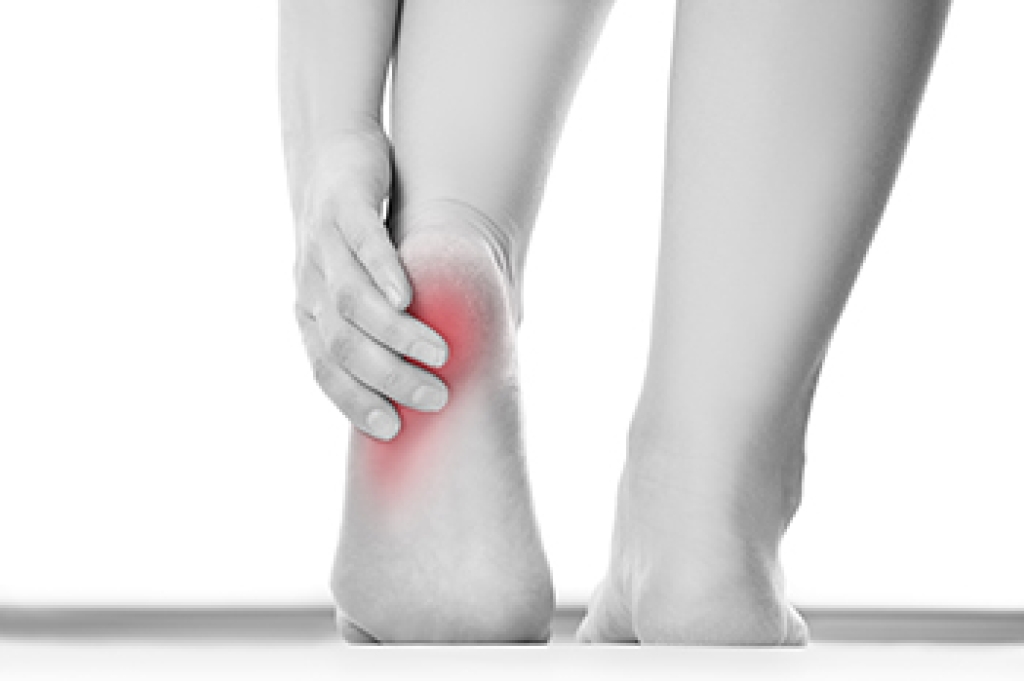 As the aging population continues to grow, the need for specialized podiatric services in geriatrics is becoming increasingly critical. Older adults often face numerous foot and ankle issues due to years of wear and tear, decreased mobility, and chronic conditions like diabetes, arthritis, and circulatory problems. These issues can significantly impact their quality of life, leading to pain, decreased mobility, and a higher risk of falls and related injuries. Podiatric care is essential for the elderly to maintain their independence and mobility. Regular foot examinations can help prevent and manage conditions, such as bunions, corns, calluses, fungal infections, and foot ulcers. Proper foot care also aids in the early detection and treatment of serious complications such as peripheral neuropathy and poor circulation, which are common in older adults with diabetes. Preventative measures, routine care, and wearing appropriate footwear are vital components of geriatric podiatry services. If you are a senior, it is suggested that you schedule an appointment with a podiatrist for comprehensive foot health management, and to address any specific concerns you may have about your feet or ankles.
As the aging population continues to grow, the need for specialized podiatric services in geriatrics is becoming increasingly critical. Older adults often face numerous foot and ankle issues due to years of wear and tear, decreased mobility, and chronic conditions like diabetes, arthritis, and circulatory problems. These issues can significantly impact their quality of life, leading to pain, decreased mobility, and a higher risk of falls and related injuries. Podiatric care is essential for the elderly to maintain their independence and mobility. Regular foot examinations can help prevent and manage conditions, such as bunions, corns, calluses, fungal infections, and foot ulcers. Proper foot care also aids in the early detection and treatment of serious complications such as peripheral neuropathy and poor circulation, which are common in older adults with diabetes. Preventative measures, routine care, and wearing appropriate footwear are vital components of geriatric podiatry services. If you are a senior, it is suggested that you schedule an appointment with a podiatrist for comprehensive foot health management, and to address any specific concerns you may have about your feet or ankles.
If you need your feet checked, contact Andrew Katz, DPM of Allcare Foothealth Center. Our doctor will attend to all of your foot and ankle needs and provide you with quality treatment.
Geriatrics and Podiatry
When people age, some common issues that may occur are bone density loss, dry skin, poor circulation, and rough brittle nails. These issues may also affect your foot health if the necessary steps are not taken to alleviate the problems.
It is important to take care of your feet because feet that are injured or diseased can affect your overall health. Having painful feet hinders your ability to do daily activities or may decrease your willingness to do the things that you need to do.
Visiting Your Geriatrician
As we age, health problems become more likely, so it is essential to visit your doctor for check-ups to ensure that you are doing the best you can to take care of your health. It is recommended to check your feet frequently for any possible cuts, bruises, swelling, corns or any other irregularities.
Taking Care of Elderly Feet
Cracked or dry feet can be treated by applying moisturizer often. It is also important not to wear old socks because the older the sock is, the higher the possibility there will be that there is bacteria there. Wear fresh socks and make sure they fit properly.
Proper foot health means that you can have a more active lifestyle and you will not be bogged down by pain. Foot health also leads to good circulation, which is paramount for overall health.
If you have any questions, please feel free to contact our office located in Palmdale, CA . We offer the newest diagnostic and treatment technologies for all your foot care needs.

 Proper shoe fitting
Proper shoe fitting

